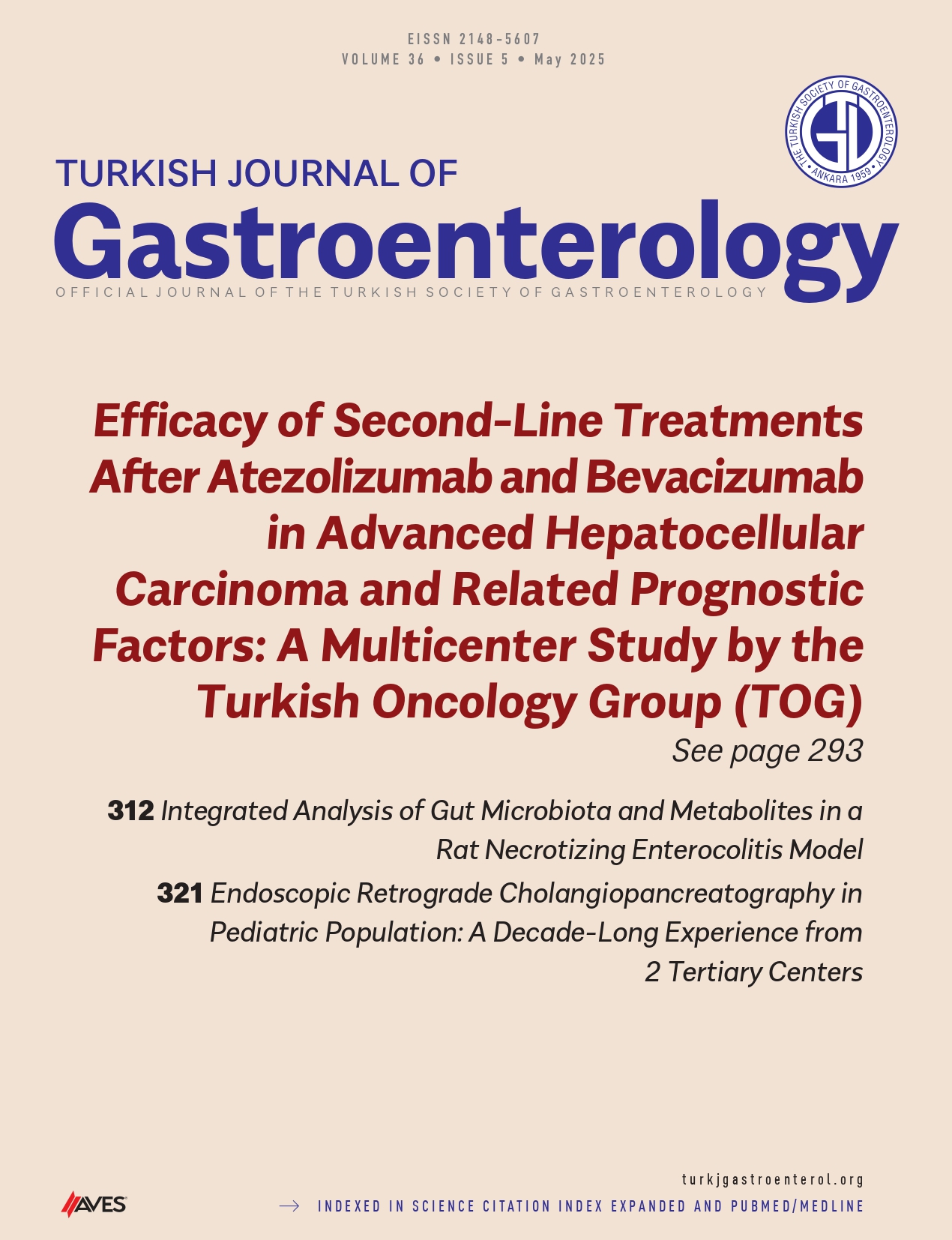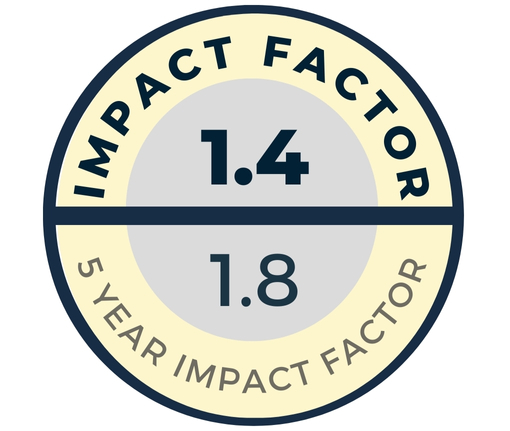Background/Aims: Numerous studies have confirmed that intestinal flora is closely linked to the development of gastrointestinal polyps. However, the precise causal link between them has yet to be clarified. This study sought to determine the causal relationship between gut microbiota and gastric, duodenal, colon, and rectal polyps by Mendelian randomization (MR).
Materials and Methods: We employed publicly available genome-wide association study summary data to conduct MR analysis. Gut microbiota data were sourced from the International MiBioGen Consortium, and gastrointestinal polyp data were obtained from the MRC-IEU Consortium. Instrumental variables were selected based on eligible single-nucleotide polymorphisms. To assess causality, we utilized MR-Egger, weighted median, inverse variance weighting, simple mode, and weighted mode techniques. Heterogeneity and pleiotropy were evaluated through Cochran’s Q test, MR-Egger intercept test, and leave-one-out analysis.
Results: We determined that Lachnospiraceae UCG004, Erysipelotrichaceae UCG003, and Veillonella increased the risk of colon polyps. However, Dorea and Clostridium innocuum group act as protective factors for colon polyps. Allisonella increases the risk of rectal polyps. In contrast, Christensenellaceae R.7 group, Parasutterella, and Intestinimonas are protective factors for rectal polyps. Lachnospiraceae FCS020 group, Intestinibacter, Ruminococcaceae UCG003, and Parasutterella act as risk factors for stomach and duodenum polyps.
Conclusions: Our research establishes a causal link between gut microbiota dysbiosis and the formation of gastrointestinal polyps. Nonetheless, additional studies are necessary to explore the mechanisms through which bacterial taxa influence the development of these polyps.
Cite this article as: Xie Y, Chen S, Xiong Y, Zeng C, Chen Y. Causal relationship between gut microbiota and gastrointestinal polyps: A Mendelian randomization study. Turk J Gastroenterol. Published online January 6, 2025. doi 10.5152/tjg.2025.24347





.png)